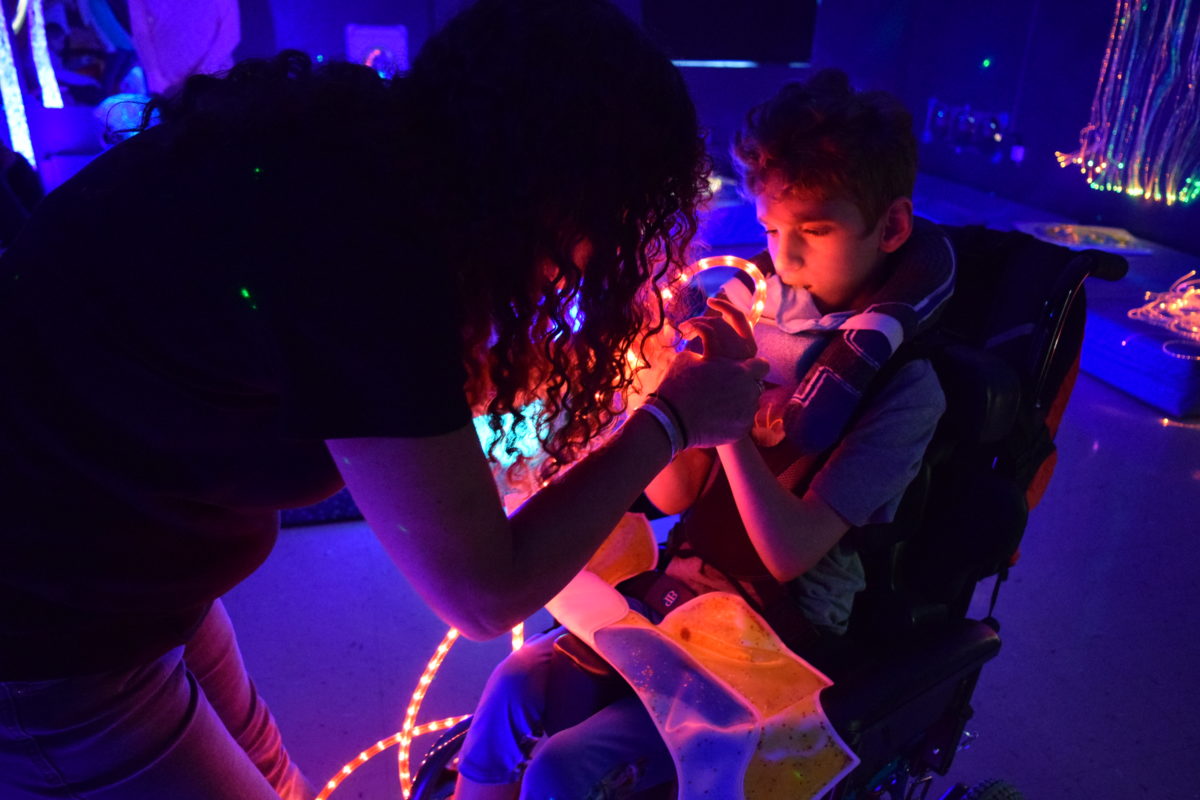The Memory Evaluation and Treatment Service at Burke Rehabilitation Hospital has been diagnosing and treating memory disorders since 1979.
Now the program wants to expand its comprehensive, compassionate and multidisciplinary approach by doing more research and reaching more patients struggling with the diseases.
Last month Burke, based in White Plains, named Dr. Pasquale Fonzetti to lead the effort.
Fonzetti earned a PhD and medical degree at Bari University in Italy and did post-graduate training in neurology in the United States. He served as associate director of Burke”™s memory clinic for 15 years under Dr. Barry Jordan, an authority on traumatic brain injury.
Memory problems can be a normal part of aging, but when memory loss interferes with relationships, work or routine activities that can be a sign of disease.
About one in three seniors dies with some form of dementia, according to the Alzheimer”™s Association, and Alzheimer”™s is the most common form, afflicting an estimated 5.4 million Americans.
“We treat patients with the most complex and challenging cases of dementia,” Fonzetti said.
Three neurologists, two neuro-psychologists and three coordinators who specialize in memory disorders put patients through a battery of tests.
They have the latest imaging tools at their disposal, such as PET scans of the brain that can detect early stage Alzheimer”™s disease. But old-fashioned, thorough clinical work is the foundation of their diagnoses.
They do a general screening test, take the patient”™s history, do a general medical exam and a neurological exam. They assess the patient”™s cognitive skills, like memory, language and spatial perception.
They collect information from the patient, family members and caregivers. When did memory loss begin and was the decline gradual or sudden? Has the patient lost interest in activities or become increasingly irritable?
The examination takes about three hours. Then the team waits for the results of blood and imaging tests.
Some forms of dementia are treatable, and that”™s why the team collects so much information. The idea is to identify the less fearsome forms of dementia, or rule them out, before focusing on Alzheimer”™s.
The memory clinic evaluates and diagnoses about 120 patients a year.
Fonzetti wants to build on the program, founded by Dr. John Blass, “an extraordinary scientist” who is now professor emeritus of neurology at Weill Cornell Medical College, and then led by Jordan, who is concentrating on administrative duties as assistant medical director of Burke.
Fonzetti wants to reach more patients and find better treatments.
In June, the state Department of Health awarded a $2.1 million grant to Burke and the Montefiore Einstein Center for the Aging Brain. They will create a Center for Excellence for Alzheimer”™s Disease that will expand cognitive screening, diagnosis and care in the seven county Hudson Valley region.
Burke is active in clinical trials. Dr. Gary Gibson, for instance, is running a pilot study on the effects of thiamine (vitamin B1) on memory and cognition.
Fonzetti expects significant progress will be made in the next few years as researchers understand the various mechanisms of dementia diseases. He thinks that future treatments will use combinations of medications, as in the treatment of HIV, to target the immune system.
For now, Alzheimer”™s has no cure.
Once the Burke physician makes a diagnosis, a family conference is scheduled.
This is a crucial part of the program. Patients and loved ones are hungry for information, and they are scared.
“They want to know, How come my dad or my mom has this diagnosis?” Fonzetti said. “How did it occur. What is the process? What is the natural course of the disease?”
He starts from the beginning, gently presenting his findings in simple language, describing the test results and explaining how he arrived at the diagnosis.
He starts Alzheimer”™s patients on medication that can moderately improve memory. He explains the importance of physical activity, social interactions and a balanced diet.
He puts them in touch with support groups. A report is sent to the physician who referred the patient and who will continue the treatment.
He discusses the genetic realities with the children and the steps they can take to prevent or mitigate the disease.
These are difficult conversations. But now the patient, family and caregivers understand what is going on and what they can do to help.
“They usually thank me,” Fonzetti said, “despite what I told them.”






















